EXPERIENCE FROM TAIWAN
In Asia, many countries and territories have considered English as their official language. For example, Singapore has made English the main language of education for decades, while Malaysia has widely applied English-medium instruction (EMI) in science and engineering subjects. Recently, Taiwan issued the "Bilingual 2030" policy, aiming to improve the English communication skills of its people, especially the younger generation.

High school students in Ho Chi Minh City during English class
PHOTO: NHAT THINH
As one of 14 advisors working under Taiwan's "Bilingual 2030" policy, Ms. Jean Salisbury Linehan, Fulbright advisor on English-medium instruction at the National Taiwan University of Science and Technology (NTUST), said the biggest challenge the territory is facing is that many teachers, although very good at their subjects, have never been properly trained to teach in English.
“They often struggle with the ‘double pressure’ of having to convey complex content while maintaining accuracy and clarity in English. Students’ English proficiency levels also vary, making it easy for them to misunderstand the material,” Ms. Linehan emphasized.
To address this issue, the expert's advisory group implements a variety of activities such as building professional communities of practice, organizing workshops... The focus is on practical teaching methods, from scaffolding techniques, using visual images to encouraging interaction in the classroom. Underlying these methods is the approach of content and language integrated learning (CLIL), according to Ms. Linehan.
"This approach focuses on developing both professional knowledge and language skills for students, helping them learn English naturally through subjects," said Ms. Linehan.
“Taiwan’s experience shows that successful bilingual education requires strong policy support, long-term investment and early exposure to English across subjects,” Ms. Linehan concluded.
The above factor is also the reason why the female advisor recommends that Vietnam should start teaching English early, and should include English in teaching through many different content areas, not just stopping at English lessons. In addition, Vietnam needs to help teachers improve their language skills and pedagogical skills, while at the same time building community awareness so that everyone understands that English is not just a subject, but a tool to open up opportunities and connect with the world .
N NOTABLE TECHNIQUES
Currently working in Singapore, Ms. Nguyen Le Tuyet Ngoc, Asia Regional Director of MTS Testing Agency (UK) and Director of HEW London (VN), informed: To teach subject and specialized knowledge well in English, teachers must "master" many pedagogical skills such as scaffolding - that is, breaking down concepts, building solid knowledge for students with the use of easy-to-understand images and examples; translanguaging - flexibly applying many languages when teaching; ICQs (checking whether students understand the teacher's lecture or not) and CCQs (checking the level of understanding after the lecture)...
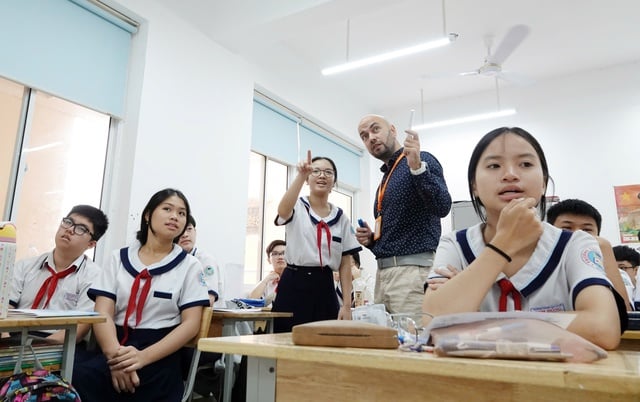
The best approach is to equip students with language, cross-cultural, communication and learning skills so that they can integrate and develop in an English-speaking environment.
Photo: Dao Ngoc Thach
In addition, with the CLIL approach, Ms. Ngoc suggests that teachers can apply the 4C framework in CLIL including: content (teaching subject and specialized knowledge), communication (developing communication skills in English), cognition (training higher-level thinking) and culture (nurturing cultural awareness). In addition, subject teachers can approach lessons in the direction of "English as a medium of instruction" (EMI), that is, using English as a means of teaching.
The difference is that EMI focuses on teaching content, with teachers playing the role of transmitting knowledge, while CLIL emphasizes both language and content, and teachers often teach both aspects, according to Associate Professor Dr. Rhonda Oliver, Head of the School of Education at Curtin University (Australia). "EMI is often popular at university level but is now also being introduced to primary and secondary schools in Vietnam, while CLIL is often applied in general education," Dr. Oliver shared.
As for English teachers, to develop students' communication skills in the new context, teachers can apply methods such as task-based language teaching or communicative language teaching, according to Mr. Dinh Quang Duc, Academic Director of SAM English House (Hanoi).
This helps realize the vision of teaching English as a second language because "they create a fundamental shift, from learning language as a structural system to using language as a communication tool," Mr. Duc emphasized.
Meanwhile, Mr. Jonny Western, Head of the New Initiatives Program of the Faculty of English and University Transfer at RMIT University Vietnam, said that a notable challenge in developing foreign languages in Vietnam is that many English learners only focus on scores.
"When exam results are the driving force, students can become obsessed with tips and tricks, and constantly take practice tests. This does not support meaningful language learning," Mr. Western emphasized. Therefore, according to him, the best approach is to equip students with language, cross-cultural, communication, and learning skills so that they can integrate and develop in an English-speaking environment.
Source: https://thanhnien.vn/tieng-anh-thanh-ngon-ngu-thu-hai-trong-truong-hoc-tim-phuong-phap-giang-day-phu-hop-185251102202141462.htm



![[Photo] General Secretary To Lam receives Singaporean Ambassador Jaya Ratnam](https://vphoto.vietnam.vn/thumb/1200x675/vietnam/resource/IMAGE/2025/11/03/1762171461424_a1-bnd-5309-9100-jpg.webp)
![[Photo] Prime Minister Pham Minh Chinh receives the Chairman of the Japan-Vietnam Friendship Association in the Kansai region](https://vphoto.vietnam.vn/thumb/1200x675/vietnam/resource/IMAGE/2025/11/03/1762176259003_ndo_br_dsc-9224-jpg.webp)
![[Photo] Lam Dong: Close-up of illegal lake with broken wall](https://vphoto.vietnam.vn/thumb/1200x675/vietnam/resource/IMAGE/2025/11/03/1762166057849_a5018a8dcbd5478b1ec4-jpg.webp)
![[Photo] Fall Fair 2025 and impressive records](https://vphoto.vietnam.vn/thumb/1200x675/vietnam/resource/IMAGE/2025/11/03/1762180761230_ndo_br_tk-hcmt-15-jpg.webp)




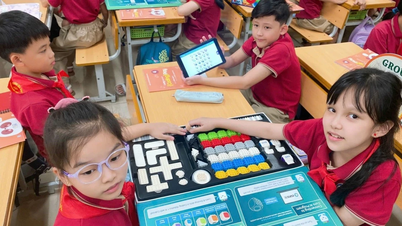

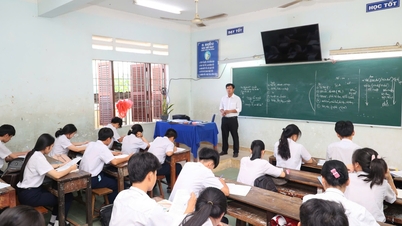
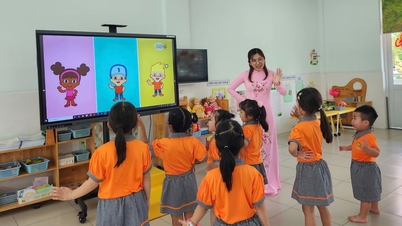
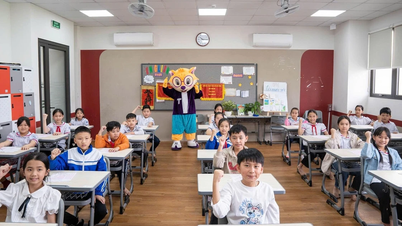



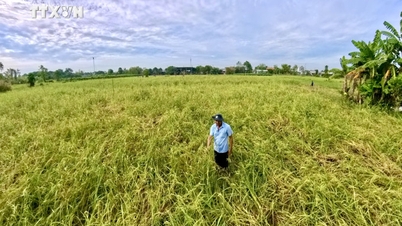





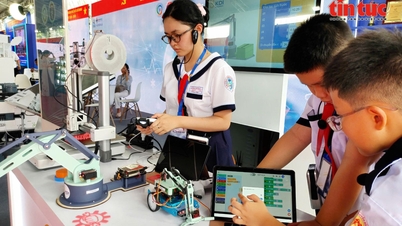













































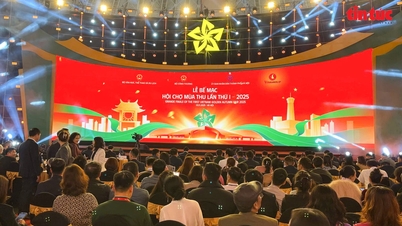






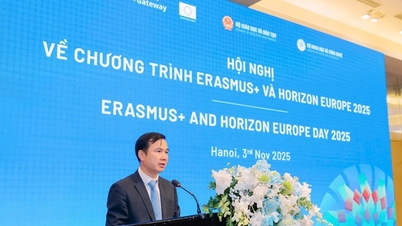

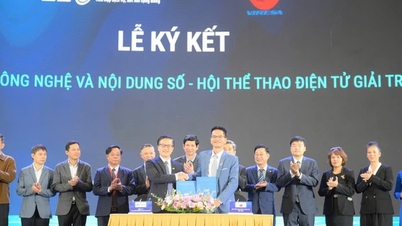

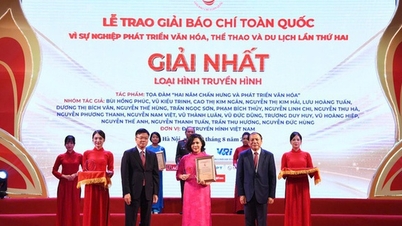


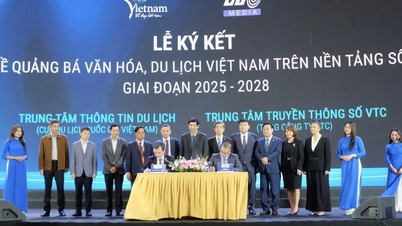







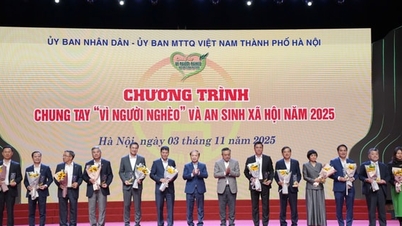














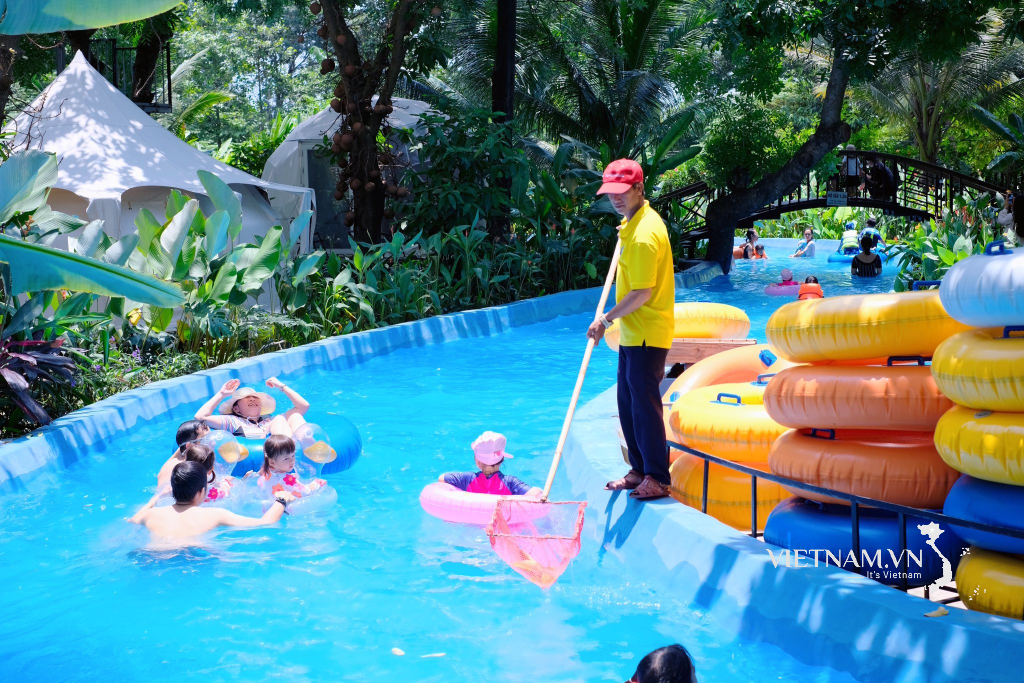

Comment (0)